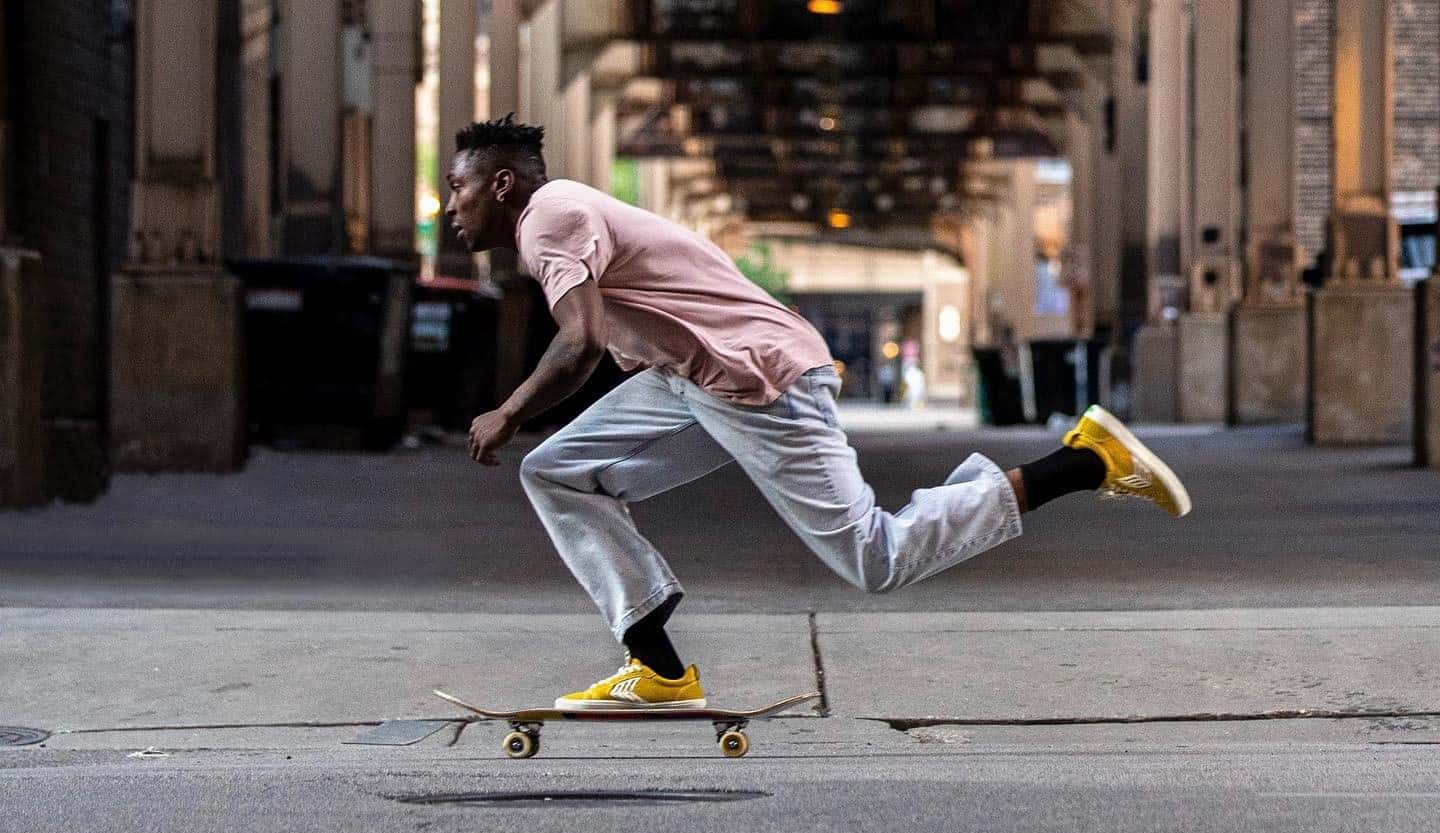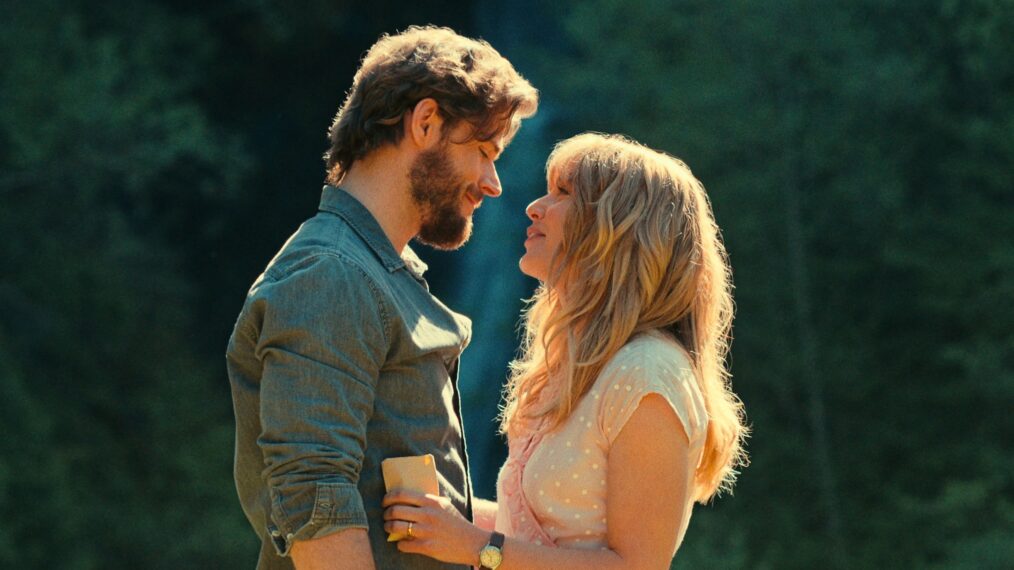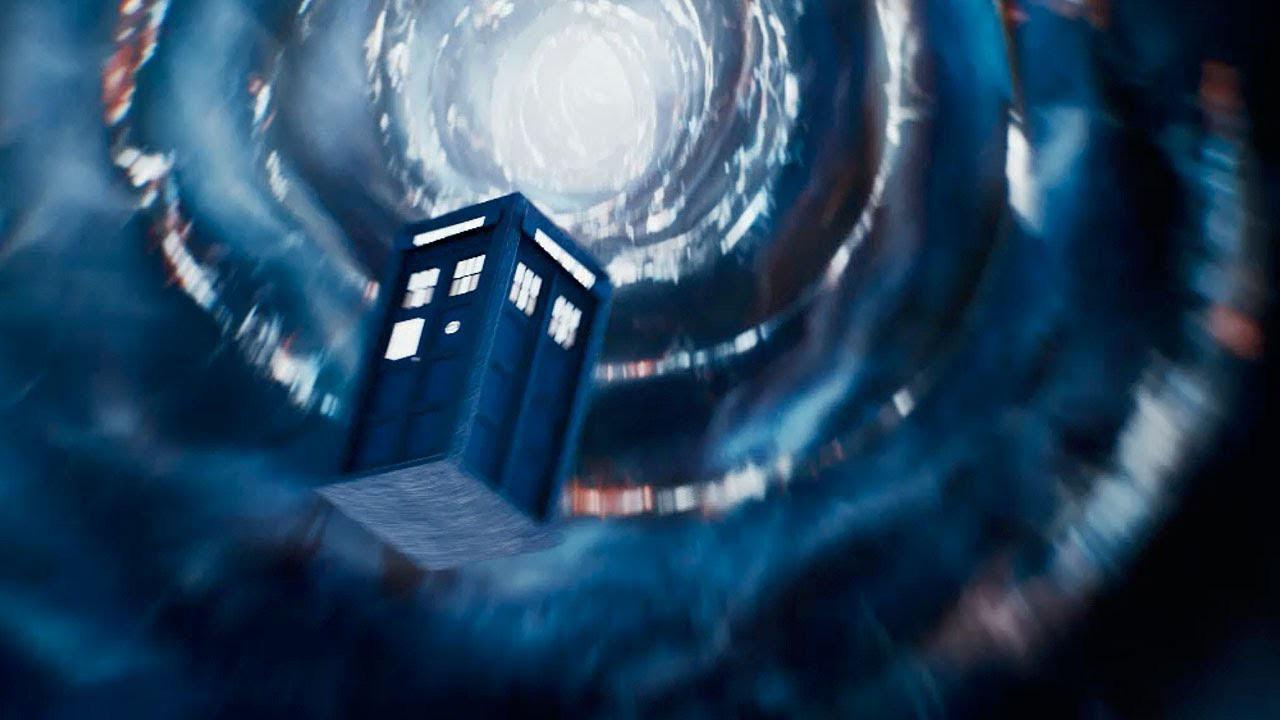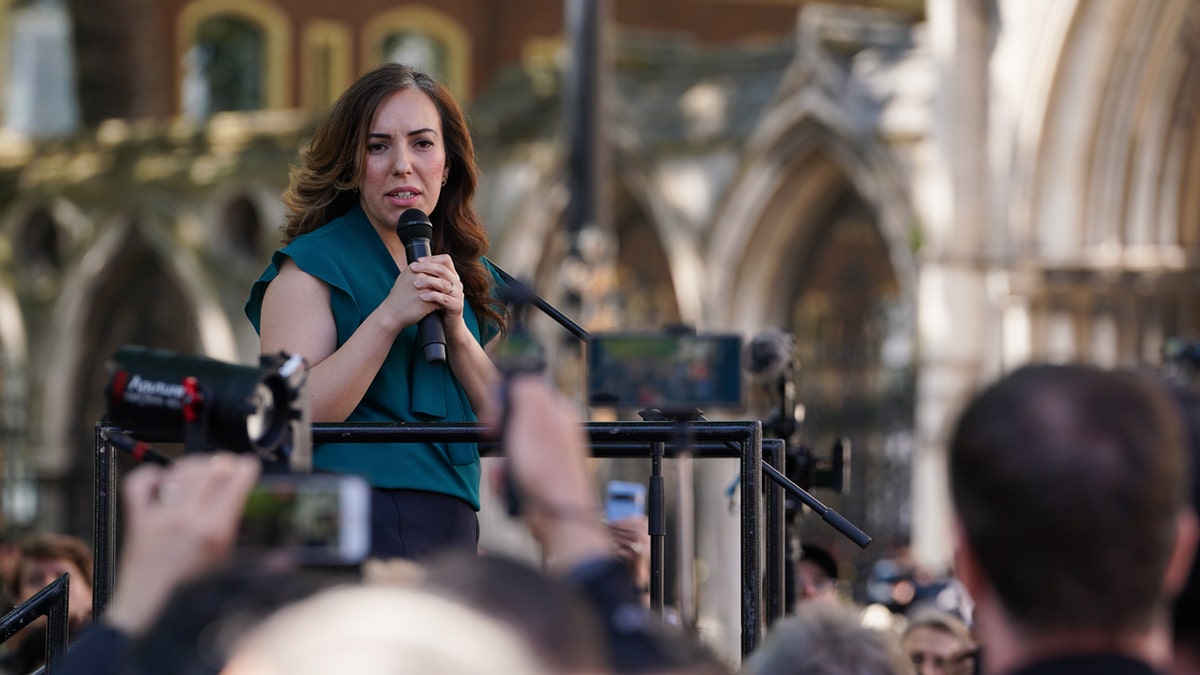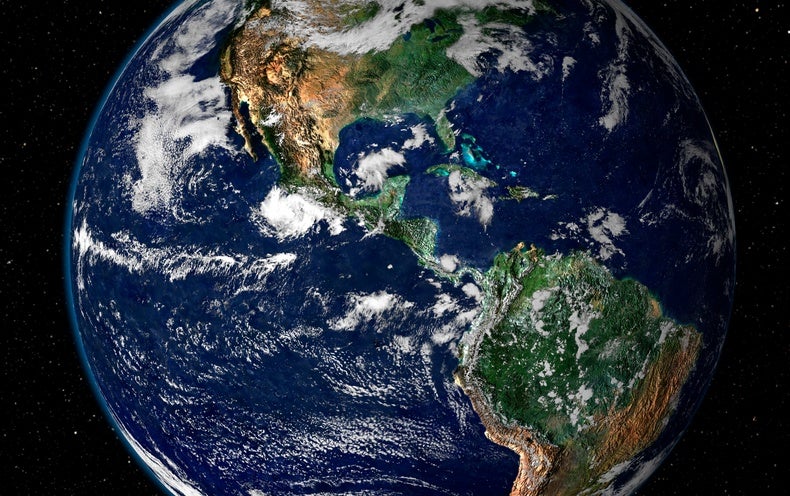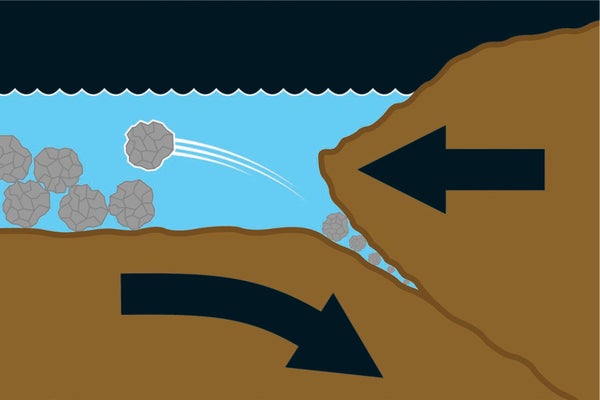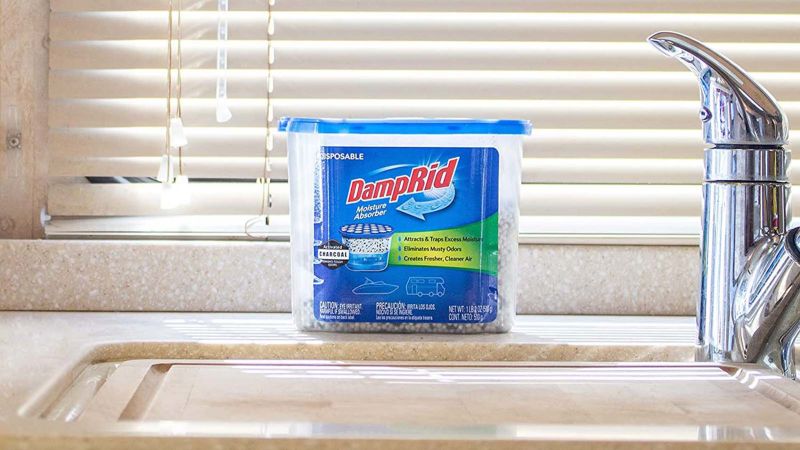Playing Simon, a successful makeup artist by day and rising drag star by night, lipsynching to Abba and Donna Summer with willowy old-school glamour and more hair-tossing than Charlie’s Angels, Théodore Pellerin is a captivating presence, alive with raw feeling. It’s too bad writer-director Sophie Dupuis’ script keeps undermining the character’s dignity by making him a throwback to the portraits of queer miserabilism we hoped were behind us. But even if some viewers might grow impatient with Simon’s passivity in the face of endless microaggressions, there’s enough tenderness, heart and ultimate self-realization in Solo to keep you watching.
Québécois filmmaker Dupuis’ third feature — and her third to star Pellerin, whose U.S. work includes a key supporting role in Never Rarely Sometimes Always — benefits greatly from its immersion in Montreal’s drag scene. The film channels the spirited energy of a milieu in which solidarity and bitchy banter go hand in hand. The performance interludes are especially invigorating, with DP Mathieu Laverdière’s camera whirling around the artistes as they amp up the attitude and strut around the tiny stage for an audience of adoring fans.
Solo
The Bottom Line
Equal parts captivating and frustrating.
Release date: Friday, May 24
Cast: Théodore Pellerin, Félix Maritaud, Alice Moreault, Vlad Alexis, Jean Marchand, Anne-Marie Cadieux, Tommy Joubert, Roger Léger, Josée Deschênes
Director-screenwriter: Sophie Dupuis
1 hour 41 minutes
In addition to the camaraderie of his drag sisters, Simon can count on the warm support of his father (Roger Léger) and stepmother (Josée Deschênes), plus a close relationship — described as “symbiotic” by an outsider — with his sister Maude (Alice Moreault), a theatrical costume designer who lovingly whips up Simon’s gauzy gowns. Lack of acceptance is not an issue in his life.
But trouble intrudes when a new French queen on the club roster, Olivier (Félix Maritaud), who straddles the masc/femme divide while performing as La Dragona, catches Simon’s eye. Dupuis nicely tracks the spiraling intoxication of their fast-blooming relationship — the sexy intrigue of their initial exchanged glances, the more open flirtation as they get high together on MDMA after a show, their first kiss in the alley outside under a dusting of snow.
Olivier is evasive about his reasons for coming to Canada, saying only that he needed a change of scene and a place to be “anonymous.” Simon doesn’t press him for details, instead eagerly agreeing to work on a duet for them to perform at the club. His excitement at finding both a romantic and creative partner kicks up another notch when his father reveals that Simon’s mother Claire (Anne-Marie Cadieux), a celebrated opera diva, is coming to Montreal to perform and wants to have supper with her children.
Simon is thrilled at the news — as is starstruck Olivier — but Maude has no interest in seeing their mother, who ran off to Europe as her career was in ascent and has pretty much ignored them ever since.
In the meantime, Olivier begins to show signs of being aloof and controlling. He makes Maude suddenly feel like an outsider and informs Simon that he needs to adjust to his edgier performance aesthetic rather than find a middle ground.
Simon is deeply hurt when Olivier hooks up with another performer, Édouard (Vlad Alexis). But Olivier dismisses Simon’s “petty drama,” making him feel like the one who has to apologize. In a later scene, Olivier is enraged when Simon steals the spotlight during a duet, retaliating by driving a wedge between him and his “drag mother,” Frida (Jean Marchand).
It’s obvious to everyone watching that any attempt at a serious relationship with Olivier will be toxic, which makes it frustrating that smart, self-possessed Simon takes so long to stand up for himself and demand respect, even then doing so with tearful pleading. The endless accommodations he’s willing to make for Olivier’s selfishness are echoed in the way he hides his hurt behind a smile when Claire comes into the picture, allocating him only whatever limited time her busy schedule allows.
To make things worse, Olivier cozies up to Claire with obsequious flattery and name-dropping, making Simon feel more shut out even of his mother’s life. A bitter quarrel with Maude just adds to his isolation. By the time Olivier informs him they will be reverting to solo numbers, Simon’s confidence is so shaken that he humiliates himself publicly, performing what should have been a triumphant homage to his mother.
Story-wise, Solo is a bit thin, but the vulnerability and sweetness of Pellerin’s performance keeps you in Simon’s corner — even his affectations, like sprinkling his conversations with random phrases in English, are endearing — despite his lack of armor getting a little exasperating.
Maritaud, who came to prominence in Robin Campillo’s AIDS activism drama 120 Beats Per Minute and delivered an astonishing turn in another recent French queer standout, Sauvage, plays the bad boy with a canny balance of charm and coldness. Cadieux gives emotionally withholding Claire sufficient shading to show glimpses of her maternal feelings. And Moreault is affecting as the one person always looking out for her brother.
Despite its intermittent similarities to dated dramas about sad gay guys yearning to be loved, Solo clearly comes from a place of authentic feeling, with characters that never ring false. Its trajectory follows Simon in his descent to rock bottom, from where he’s finally able to acknowledge his unhealthy pattern of co-dependent relationships and emerge resplendent as his own person, aptly accompanied by a song called “Queen.”




















